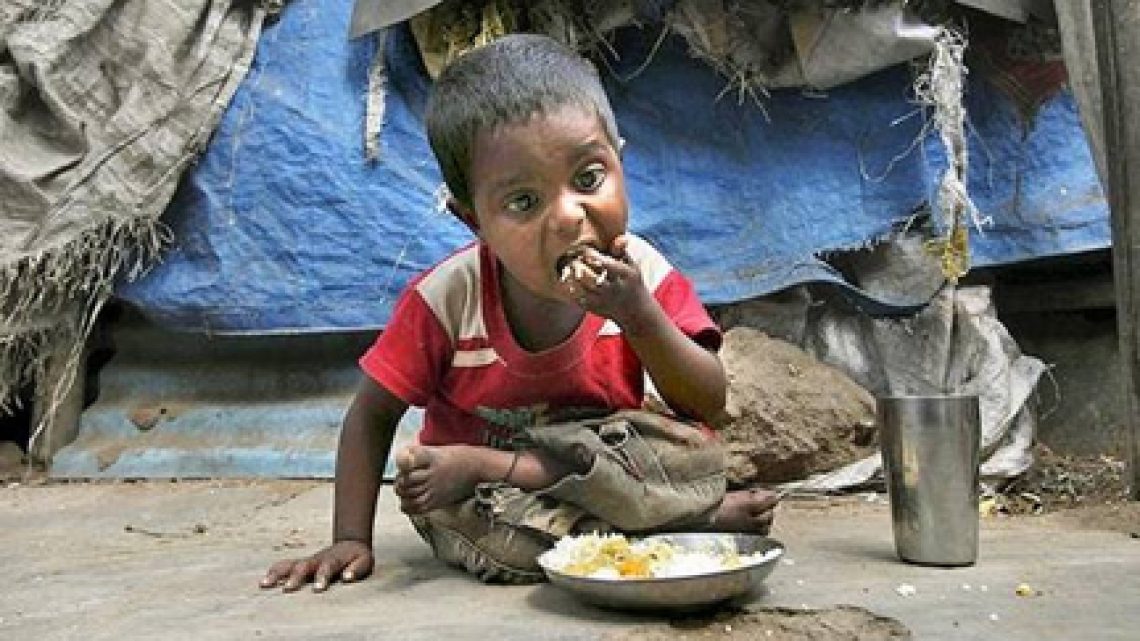
India Has 6.7 Million Children Going Without Food: Harvard Study
March 15, 2024The study conducted at Harvard: ‘Prevalence of Children Aged 6 to 23 Months Who Did Not Consume Animal Milk, Formula, or Solid or Semisolid Food During the Last 24 Hours Across Low- and Middle-Income Countries’. Identifying the prevalence of children who consume no solid or semisolid foods, referred to here as zero-food children, is essential for developing specific strategies to enhance feeding practices. This study, conducted using nationally representative household data from children aged 6 to 23 months in India, analyzed the prevalence of zero-food children between May 20, 2010, and January 27, 2022.
A sample of 276,379 children aged 6 to 23 months was examined, with an average age of 14.2 months. Of these children, 51.4% were boys. The study found that 19.3% of children in the sample were classified as zero-food children, meaning they had not consumed any animal milk, formula, or solid or semisolid foods within the last 24 hours. This statistic highlights a significant concern regarding infant feeding practices in India.
This high prevalence of zero-food children in India underscores the urgent need for targeted interventions to improve feeding practices for infants and young children, ensuring they receive optimal nutrition during this critical developmental period. The situation is particularly alarming given that India accounted for nearly half of the zero-food children identified in the study.
These findings suggest that there are substantial differences in feeding practices and access to nutritious foods across different regions and socio-economic groups within India. Addressing these disparities requires tailored interventions that consider the unique cultural, socio-economic, and geographical factors influencing feeding behaviours.
In India, initiatives to improve infant and young child feeding practices might include educational campaigns for caregivers, improved access to affordable and nutritious foods, and strengthening healthcare systems to provide guidance and support. Empowering women with knowledge and resources is also crucial, considering their central role in childcare and feeding within many Indian households.
Collaborative efforts involving the Indian government, non-governmental organizations, healthcare providers, and community leaders are essential for implementing effective interventions and promoting sustainable improvements in child nutrition. By addressing the root causes of inadequate feeding practices and implementing targeted strategies, significant progress can be made in improving child health and development outcomes in India.
To conclude, the high prevalence of zero-food children in India highlights the urgent need for targeted interventions to improve infant and young child feeding practices, ensuring optimal nutrition during this critical developmental period. By addressing disparities in feeding practices and access to nutritious foods, significant strides can be made towards improving child health and development outcomes across India.

